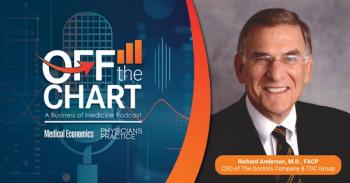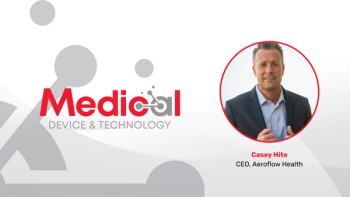
Primary care physicians most likely to earn electronic health record incentives
As a physician practicing family or internal medicine, you are more likely than your colleagues in other specialties to qualify for Medicare or Medicaid-related incentives for achieving meaningful use of electronic health records.
As a physician practicing family or internal medicine, you are more likely than your colleagues in pediatrics, obstetrics/gynecology, psychiatry, or other medical specialties to quality for Medicare- or Medicaid-related incentives for achieving meaningful use of electronic health records. That's the finding of an analysis of federal survey data by researchers at the Department of Health Policy in the George Washington University School of Public Health and Health Services, Washington, DC.
The researchers found that more than 90% of primary care physicians would be eligible for the incentives, compared with 66% of psychiatrists, 64% of obstetricians/gynecologists, and 53% of pediatricians.
Ninety-six percent of physicians practicing in community health centers would be eligible for the incentives, as would 87% of those working in medical/academic health centers or hospitals, and 85% of doctors working in physician-owned groups.
Newsletter
Stay informed and empowered with Medical Economics enewsletter, delivering expert insights, financial strategies, practice management tips and technology trends — tailored for today’s physicians.






